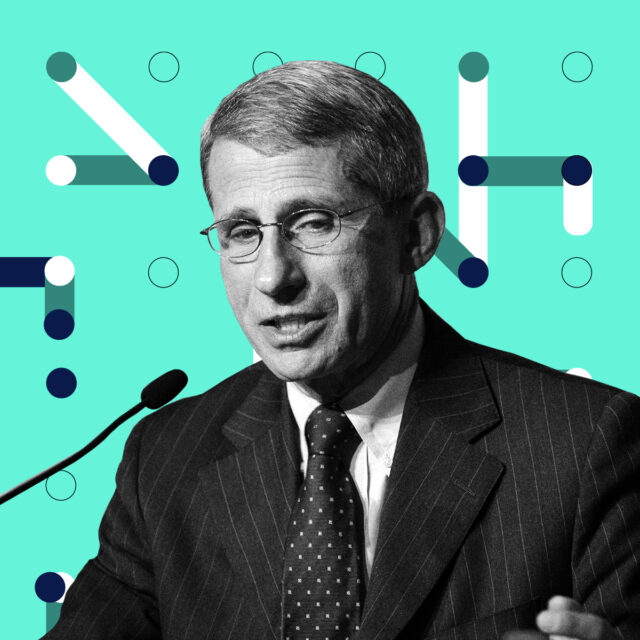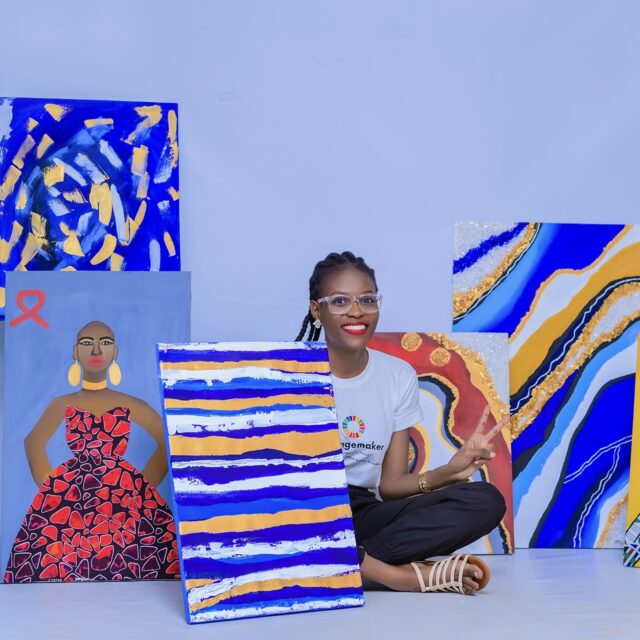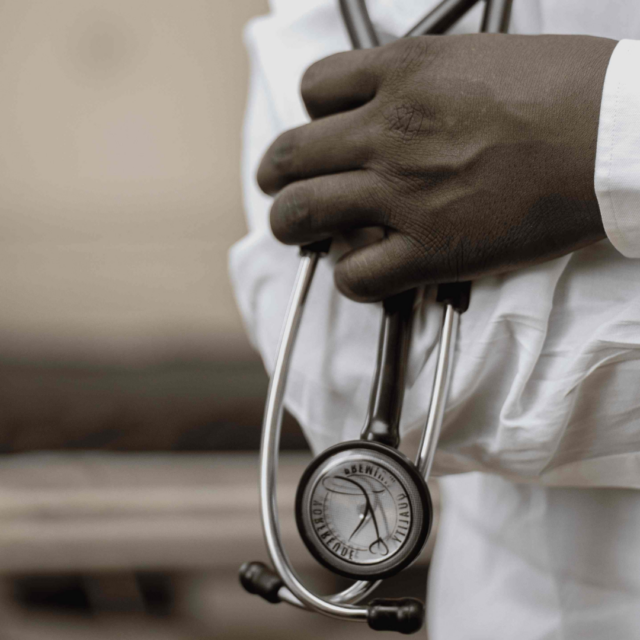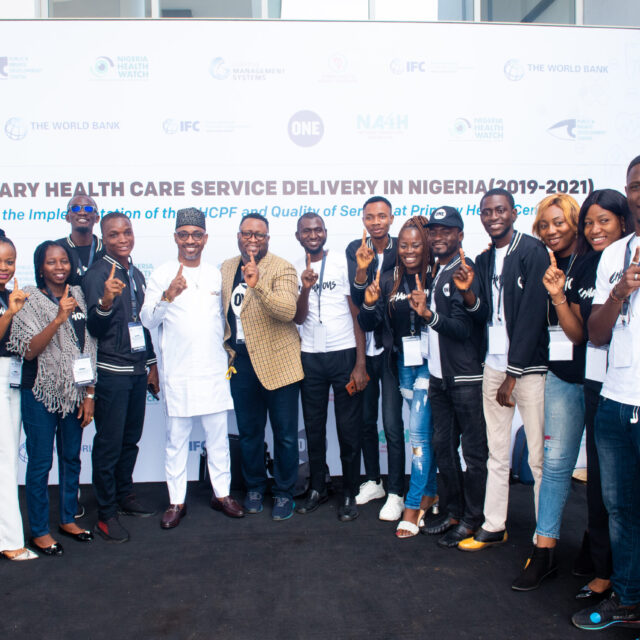Dr. Anthony Fauci is the director of the National Institute of Allergy and Infectious Diseases. Actress Julia Roberts interviewed Dr. Fauci as part of our #PassTheMic series.
Here’s some of what Dr. Fauci had to say in the interview.
We’re currently dealing with a public health crisis, and the most important thing that people can do right now is listen to the scientific evidence. At the moment, that clearly indicates that physical separation is working to a certain extent. So now is not the time to tempt fate and pull back completely.
Obviously, we don’t want to stay locked down forever, because the negative consequences of that are going to be profound — even in the arena of health, because we don’t want children not to get vaccinated, or important surgery not to get done.
However, on the other hand, if you are going to “open up” or get back to some form of normality, you have to have in place the capability of being responsive when you get the blips in cases that you’re going to inevitably get. Even in areas of the country where we seem to be under good control — because people are mitigating, practicing good physical separation, wearing masks, and not going to crowded places — if you pull back, you will see more cases.
So the question is, how do you respond to them? How do you prevent a couple of blips from becoming a major outbreak?
That’s the thing that I keep pushing, because we’ve had months to get the personal protective equipment together and to get the testing at a level that we need, so we really better get it right.
A moral commitment
One of the things I believe is that although developed countries are struggling with their own responses to this outbreak, we also have a moral responsibility for people throughout the world. Sometimes when you’re in a period of stress, it’s difficult to get that across.
Although developed countries are struggling with their own responses, we also have a moral responsibility for people throughout the world.
But I don’t think we should lose that anchor of responsibility. So we need to pour resources into developing countries and start to get some infrastructure in place.
Another consideration here is vaccines. We need to make a commitment right now that when we do the vaccine trials, we include the developing world. We can’t make a vaccine for ourselves and only know how well it works for us. That’s something we really need a commitment on internationally.
I’m usually very reserved and conservative about promising anything medically or scientifically. But I think that within a reasonable period of time, we will get a vaccine. We’ve got to make sure that the developing world is right there in all the considerations.
As well as the moral commitment to do this, there’s also an enlightened self-interest. That is, if you don’t control an outbreak in the developing world, it’s going to come right around and bite you the next season.
I try to keep a delicate balance between being anchored in both realism and not making false promises, but also having a great deal of comfort and confidence in the human spirit to be able to get things done that you wouldn’t think they’d be able to do.
That is something that keeps me optimistic, the power of science and the ability to develop interventions, diagnostics, therapeutics, and vaccines.
But also in science, because I’m a scientist and I’m a physician and I have a great deal of faith in what one can accomplish scientifically. That is something that keeps me optimistic, the power of science and the ability to develop interventions, diagnostics, therapeutics, and vaccines.
It’s not guesswork. It’s a combination of real hard data and our experience and knowing how outbreaks work. For example, when I said I was concerned that if we leap-frogged over some of the check points of decreasing mitigation, that you are going to get infections that occur, I’m 100% certain because I’ve seen that in multiple outbreaks.
Now, that doesn’t mean you shouldn’t try and advance towards normalization. But if you do, you better be able to address those little blips and put them out while they’re embers versus when they become fires.
These excerpts from the interview were edited for length and clarity.
Hear more from experts in our #PassTheMic campaign, where global health experts take over celebrities’ social media channels to share the data, facts, and science we need to know to end COVID-19. Follow us on Instagram, Facebook, and Twitter for more.



